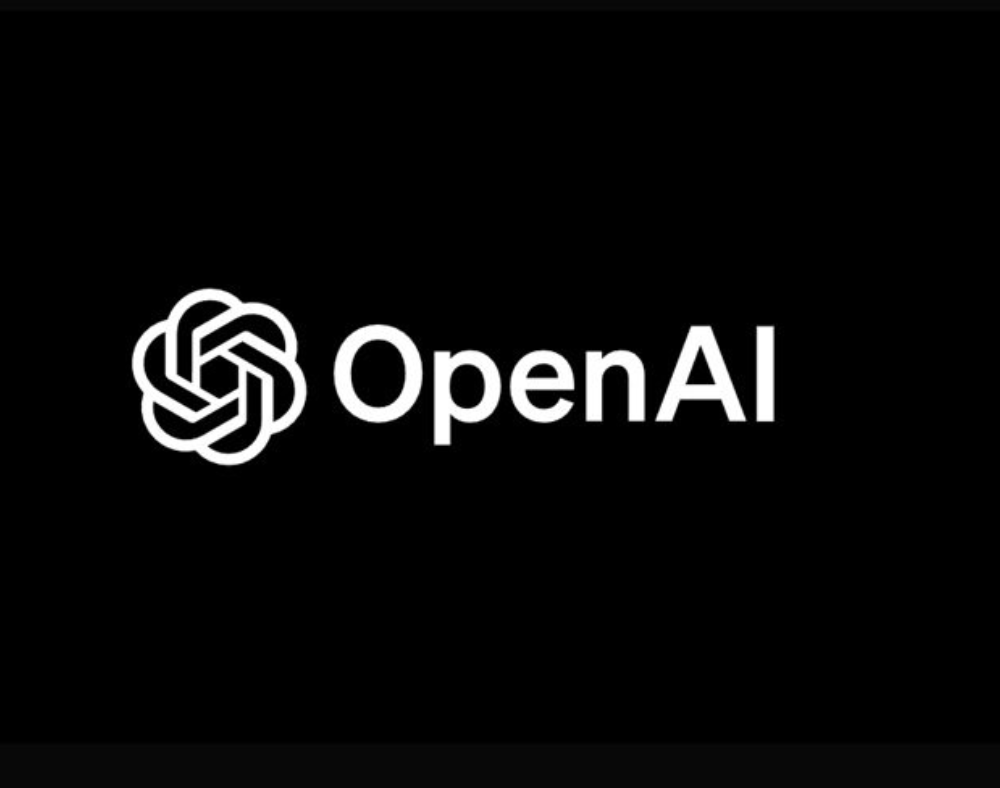ChatGPT Use is Rapidly Increasing in Europe- Data from OpenAI
ChatGPT search, OpenAI’s functionality inside ChatGPT that enables the chatbot to get and integrate current information from the web into its replies, is rapidly expanding in Europe.
A report submitted by OpenAI Ireland Limited, a corporate branch of OpenAI in the EU, indicates that ChatGPT search had around 41.3 million average monthly active users over the six-month period concluding on March 31.
This is an increase from over 11.2 million average monthly active recipients for the six-month period ending on October 31, 2024.
OpenAI consistently disseminates information on ChatGPT search to adhere to the EU’s Digital Services Act (DSA), which governs several facets of online services in European countries. The DSA characterizes monthly active receivers as those who engage with the service at least once during a certain timeframe by either accessing material presented on the platform’s web interface, such as watching or listening, or by supplying information.
ChatGPT had around 41.3 million average monthly active users in the European Union for the six-month period ending on 31 March 2025.
One provision of the DSA mandates that “very large” online platforms or search engines, defined as those with over 45 million average monthly users, must let users to opt out of recommendation algorithms and profiling, disclose specific data to researchers and authorities, and undergo external audits.
ChatGPT search may soon be subjected to similar stipulations, provided the existing development trajectory persists.
Online platforms that fail to adhere to the DSA’s regulations may incur penalties of up to 6% of their worldwide revenue. A platform that persistently fails to comply may face a temporary suspension inside the EU.
Since its launch last year, ChatGPT Search has gained traction against established competitors such as Google.
A September study indicated that 8% of respondents preferred ChatGPT over Google as their main search engine.
However, Google continues to be the preeminent internet search engine. According to one estimate, it processes 373 times more searches than ChatGPT.
Researchers have determined that ChatGPT and other AI-driven search engines exhibit worse reliability than traditional search methods, contingent upon the nature of the question. One investigation indicated that ChatGPT misidentified 67% of the articles sought.
A further research revealed accuracy issues with ChatGPT’s handling of news information, including those from publications with whom OpenAI has license agreements.
news via inbox
Get the latest updates delivered straight to your inbox. Subscribe now!




